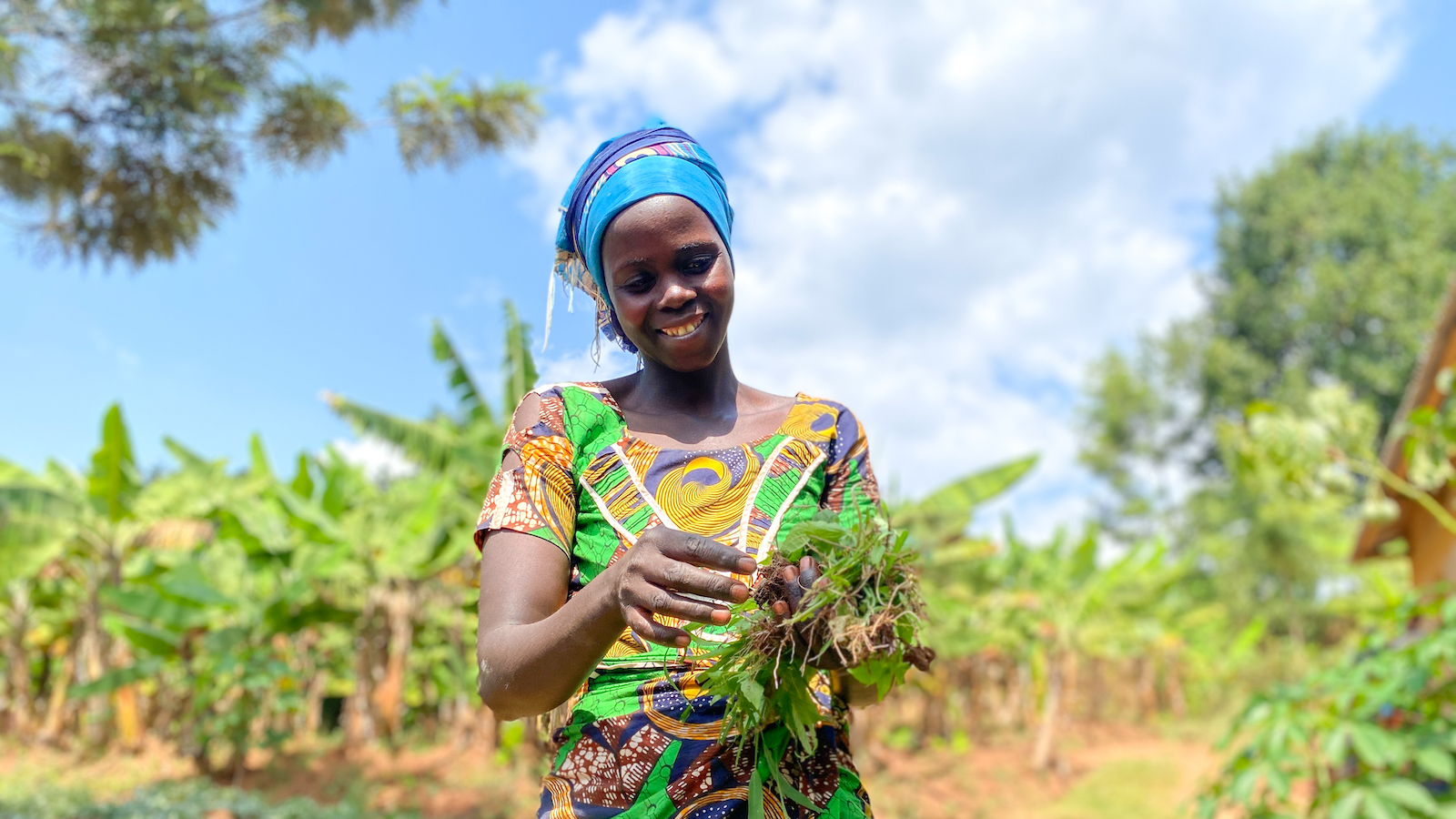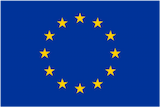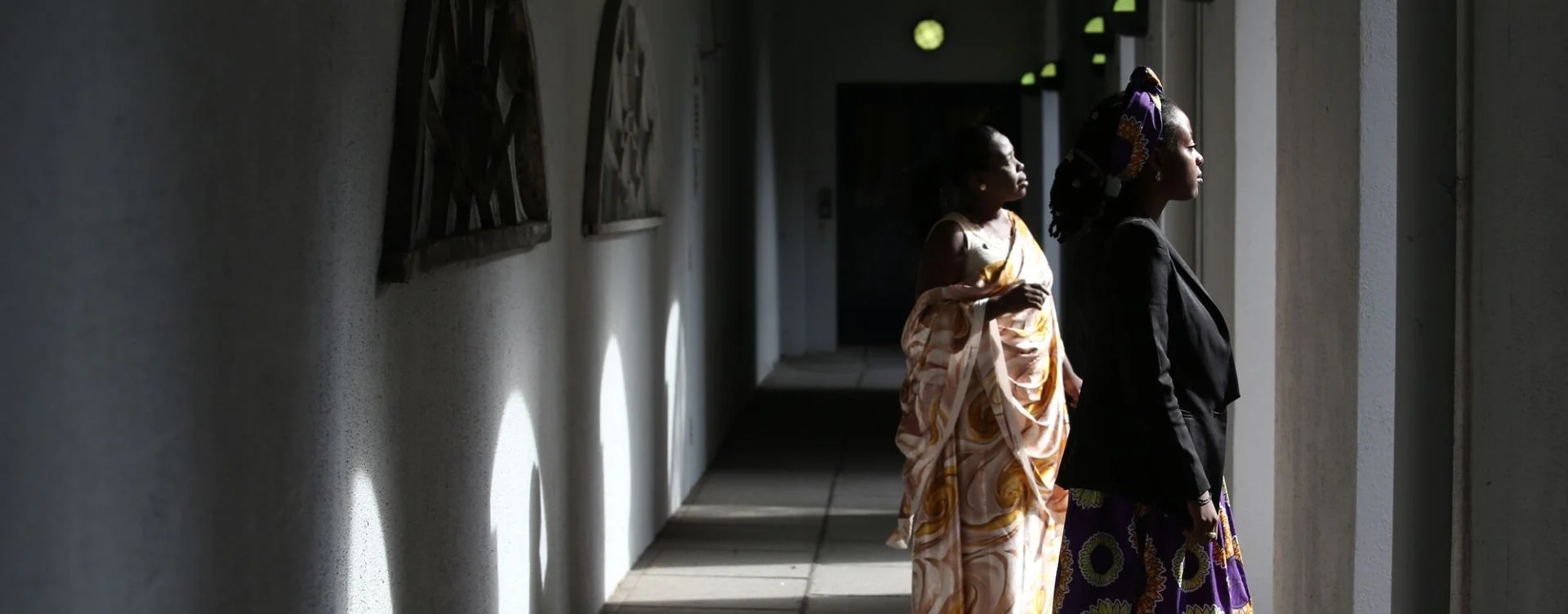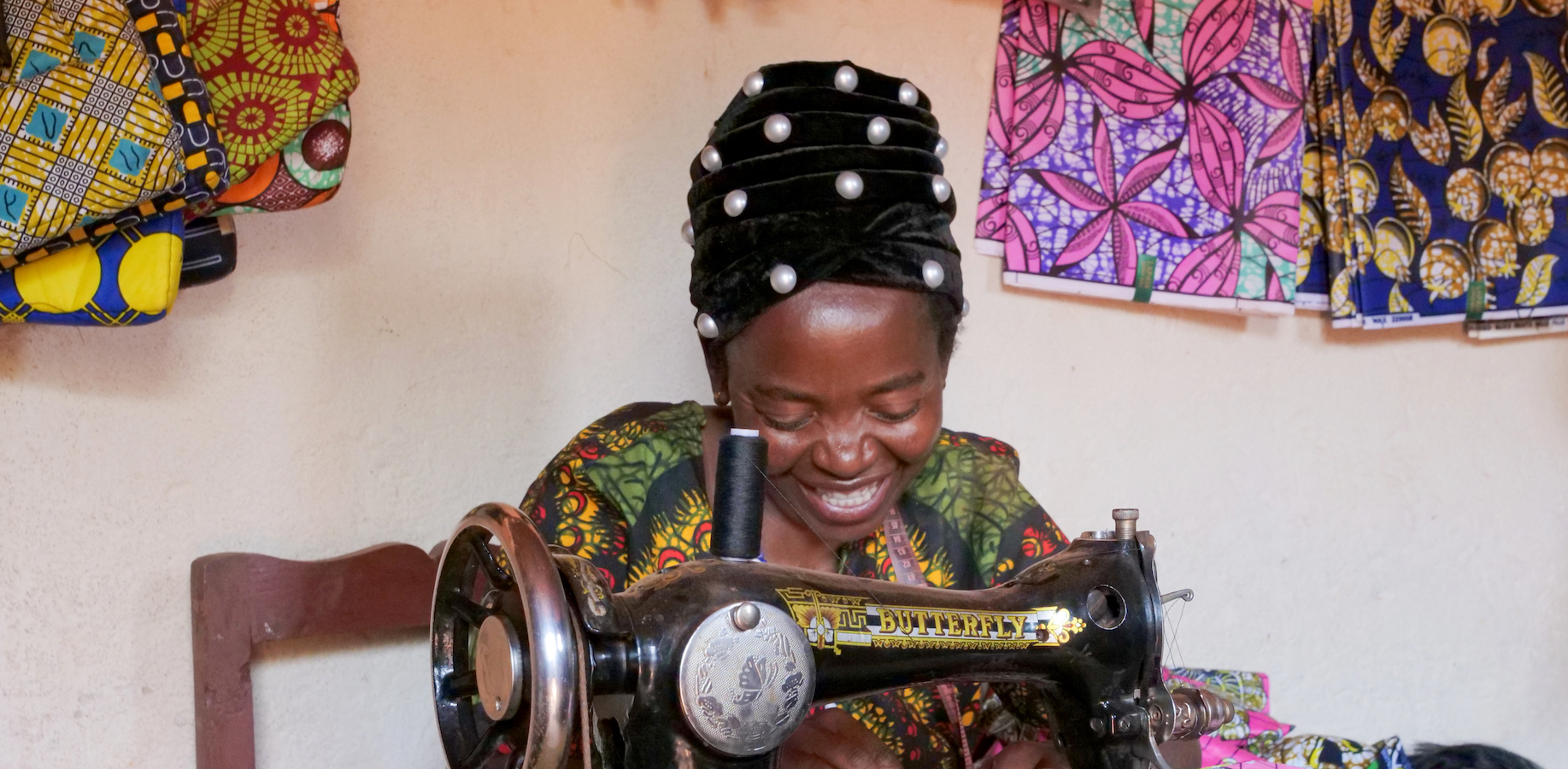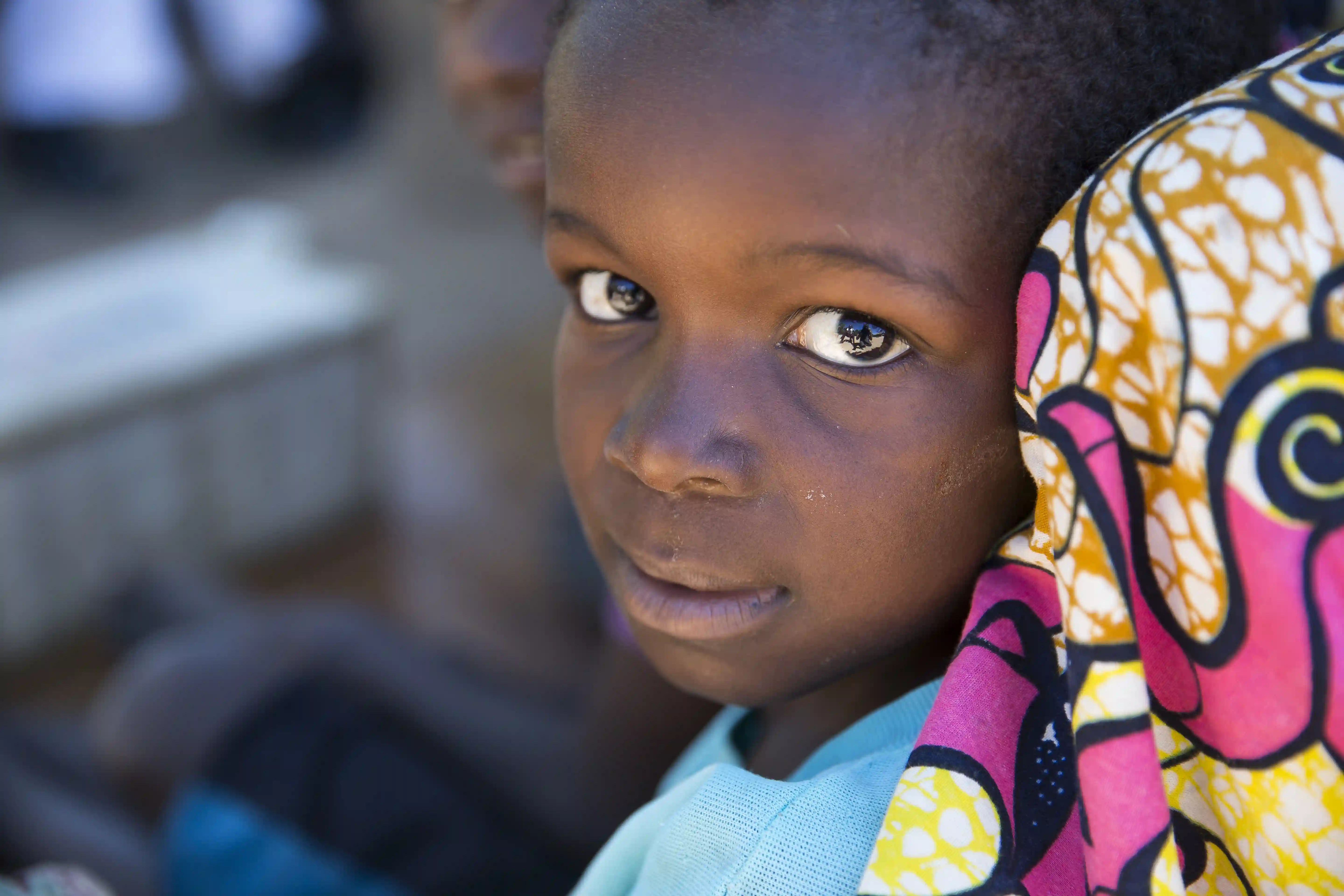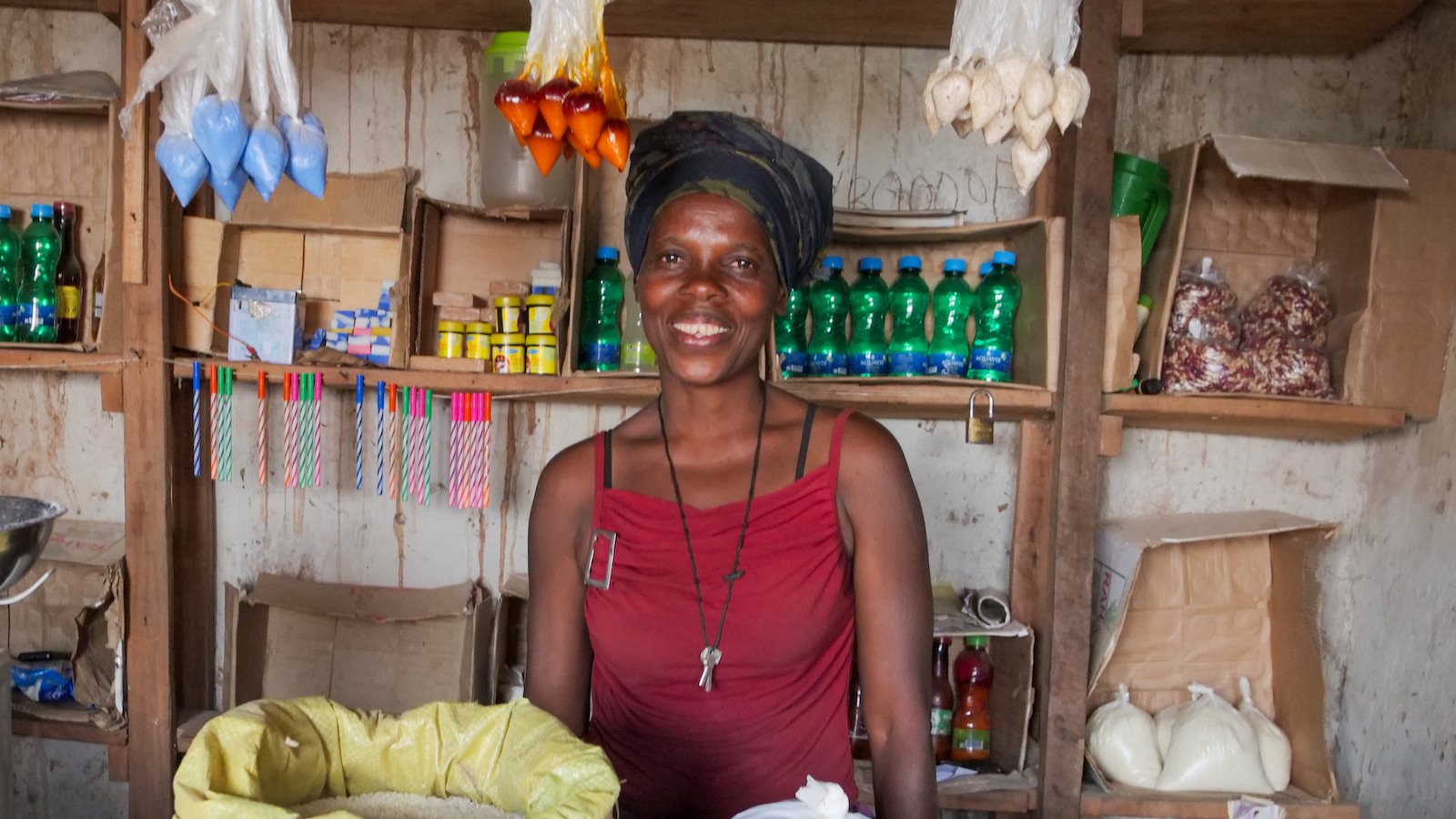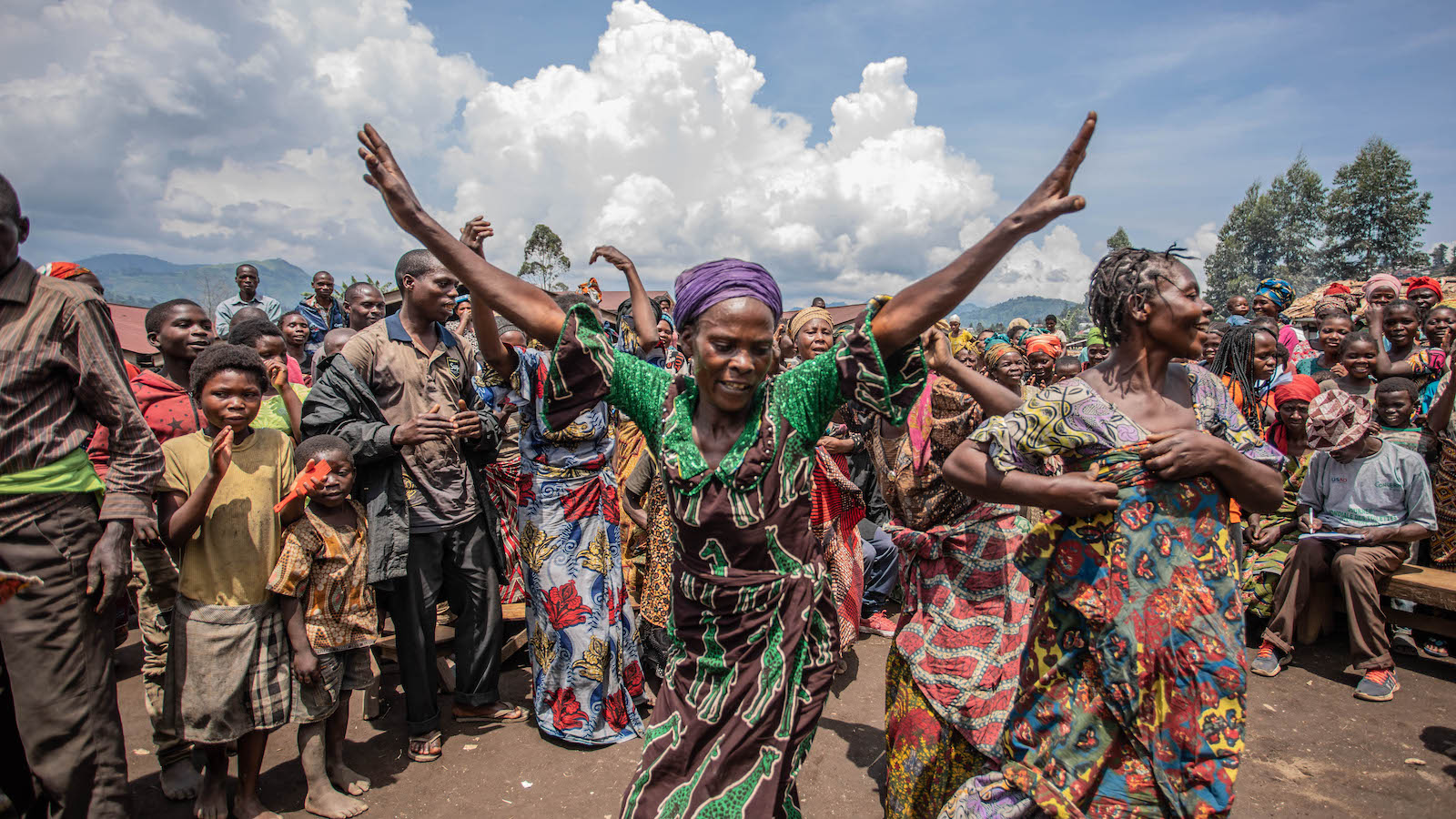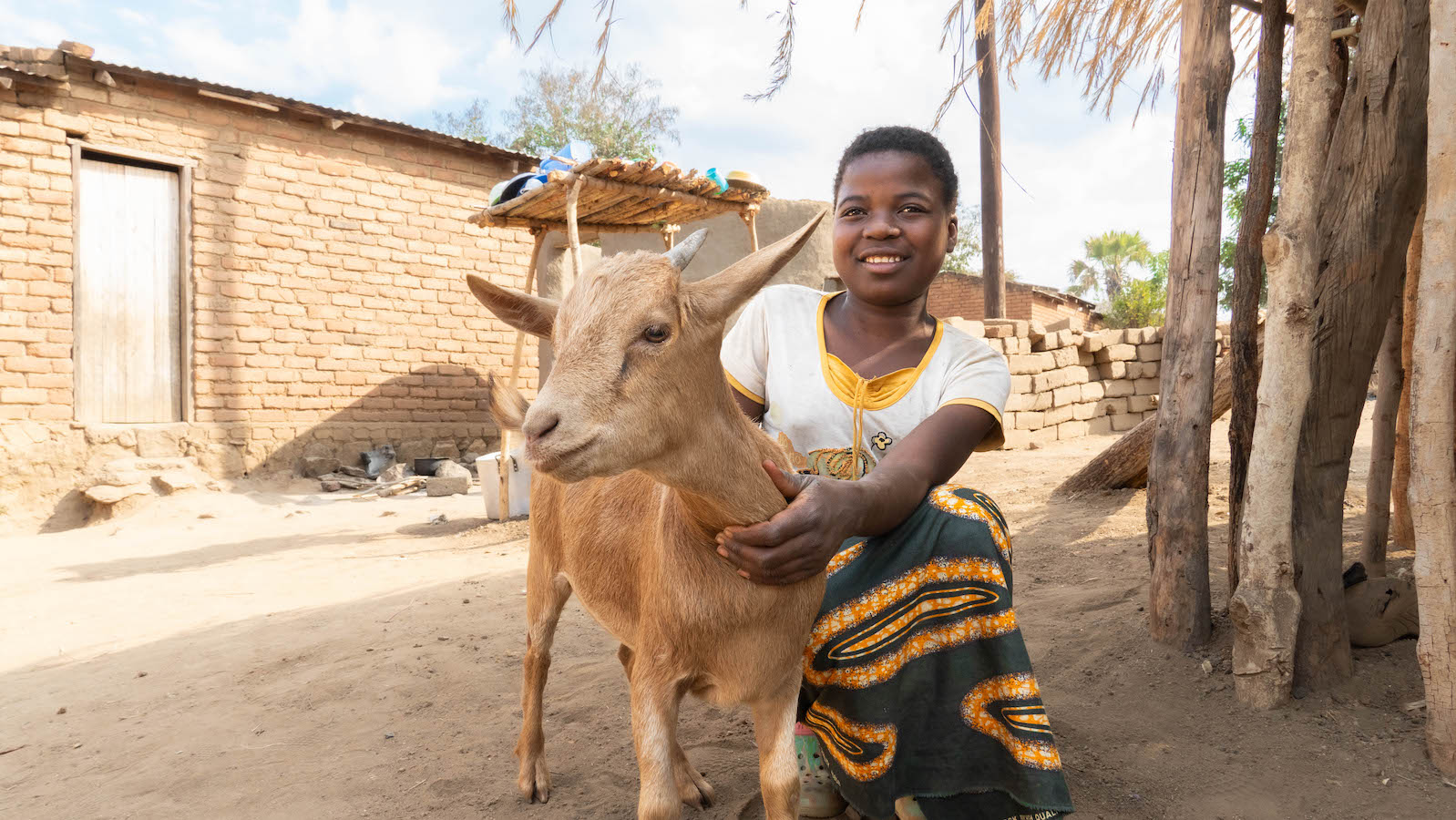Country stats
- Capital: Kigali
- Population: 14.09 million
- Percentage of people living below the poverty line: 38.2%
Concern’s response
- Rwanda program launched: 1994
- Program areas:Gender Equality, Health & Nutrition, Livelihoods
Why are we in Rwanda?
Rwanda has made remarkable progress since the 1994 genocide (which killed over 800,000 people in just 100 days). Yet, while peace and stability have generally been maintained within the country’s borders over the last 30 years, the country still faces challenges with regards to poverty and chronic malnutrition — especially in its most vulnerable rural areas.
Nearly 40% of Rwanda’s population lives below the poverty line
Despite tremendous progress made by the post-genocide generation, 38.2% of Rwandans still live below the poverty line and the country ranks 161 out of 193 countries on the United Nations’s 2024 Human Development Index. The small, landlocked country of 14.09 million is one of the most densely-populated in Africa, with the population growing by just under 2.5% each year. In recent years, its population has grown even further with the arrival of over 135,000 refugees and asylum-seekers, many fleeing crisis in the neighboring Democratic Republic of the Congo.
While agriculture is key to both the national economy and individual livelihoods, the limited amount of farmable land, combined with irregular rainfall, drought, and floods, have contributed to high rates of hunger and malnutrition in the country. This is especially true for children: The latest data from the Rwandan government suggest that one-third of children in the country under the age of five are coping with chronic malnutrition.
Latest achievements
Graduation
In the initial two phases of our Graduation program in Rwanda, Concern supported over 5,900 families to build small businesses and secure their livelihoods. We are now building on this success with Green Graduation.
Green Graduation
In 2023, Concern launched the Green Graduation Program, a five-year model that builds on our initial Graduation model in the country. An initial 420 families are participating in this first cohort.
Climate Smart Agriculture
Concern will work with 1,600 families to improve agricultural and nutritional outcomes in the Southern Province with a newly-launched Integrated Agriculture and Nutrition program.
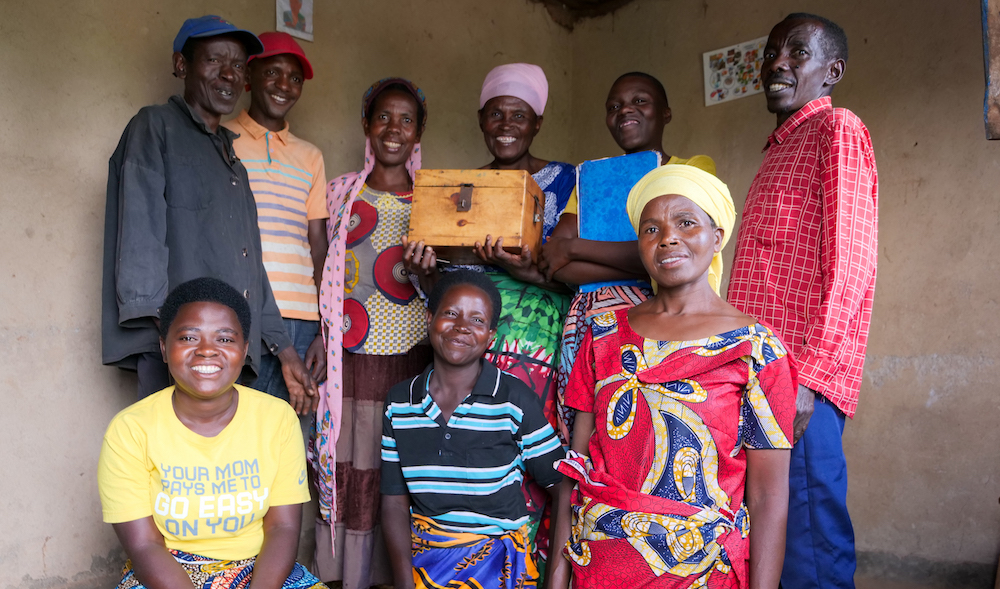
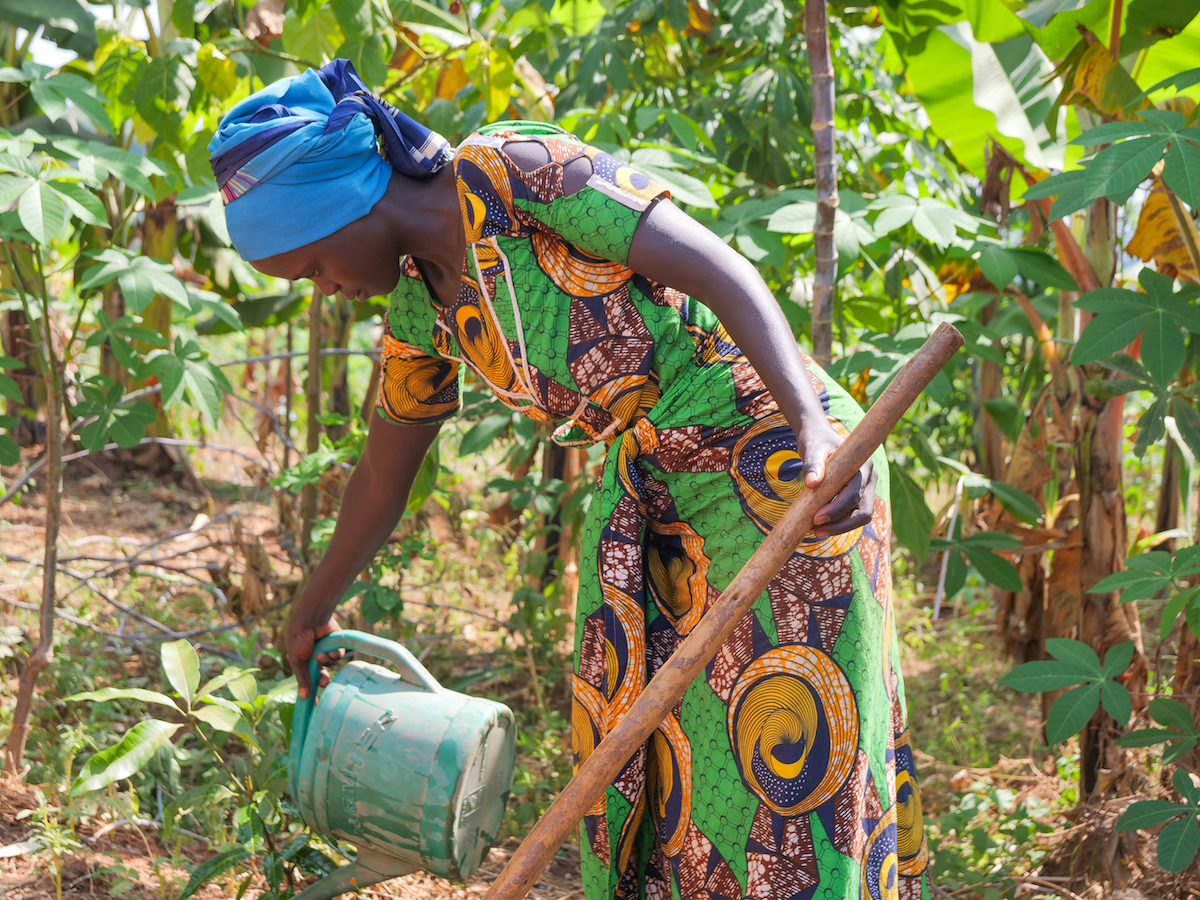
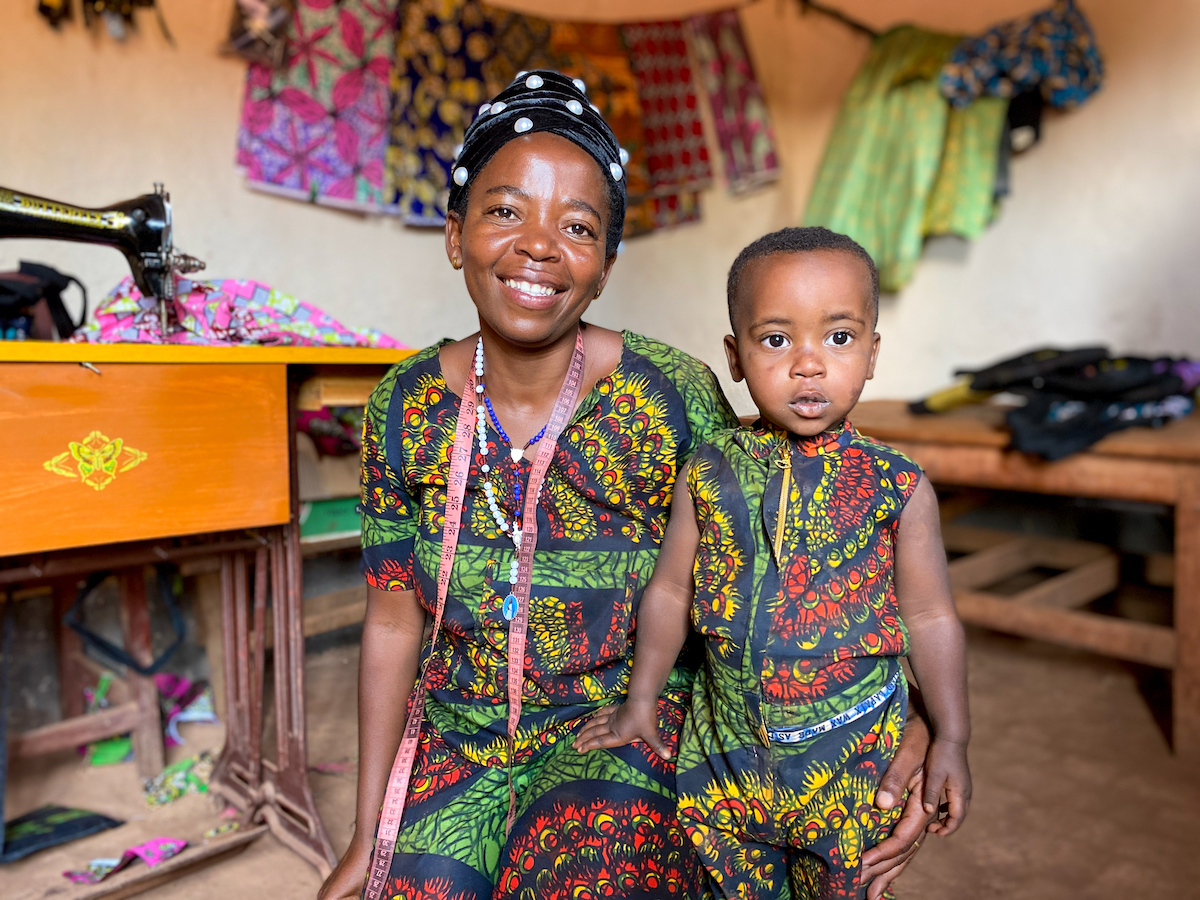
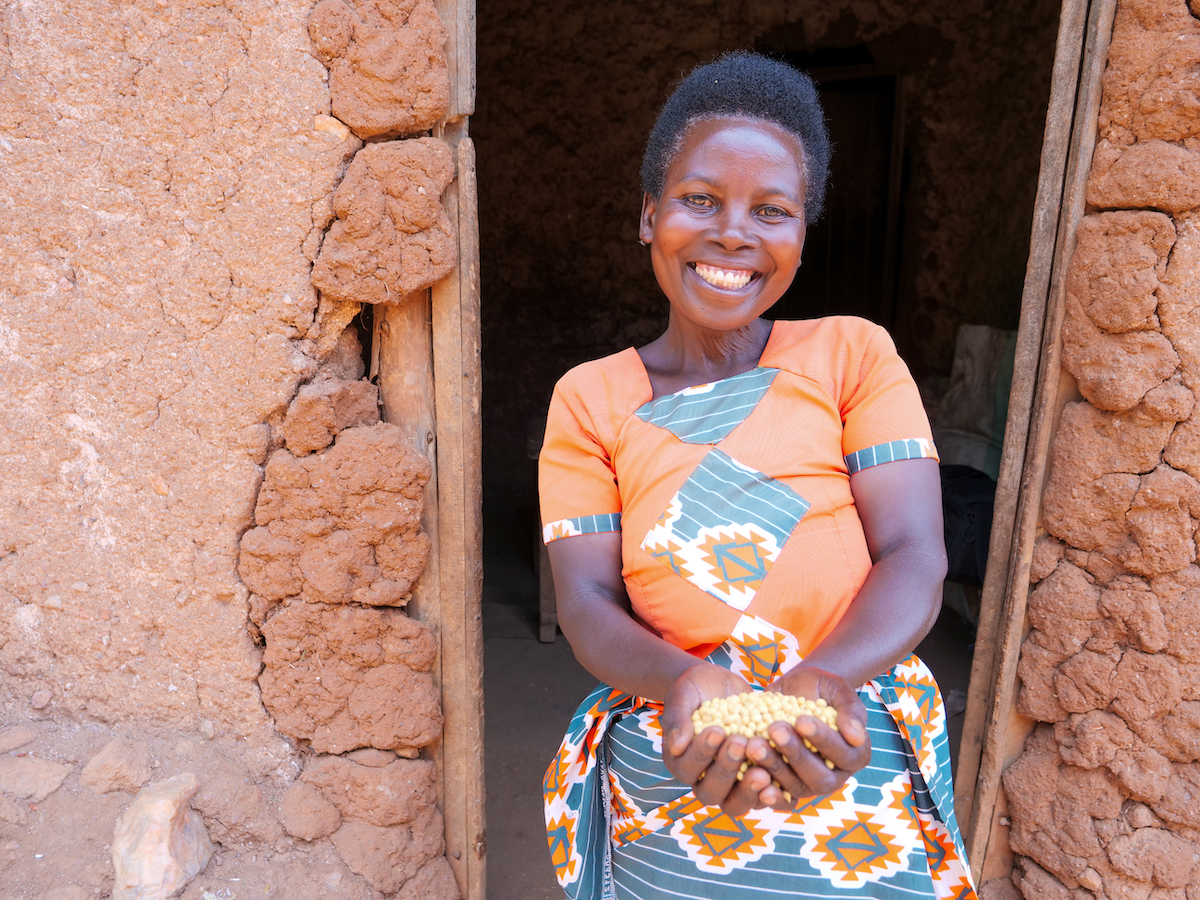
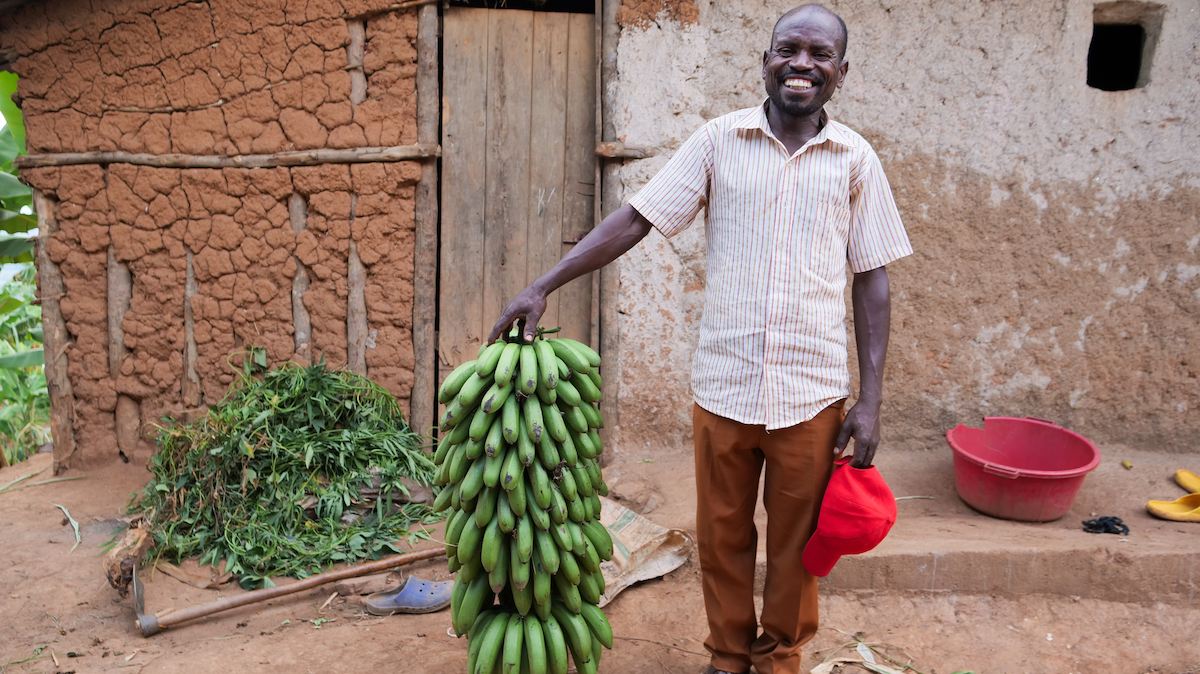
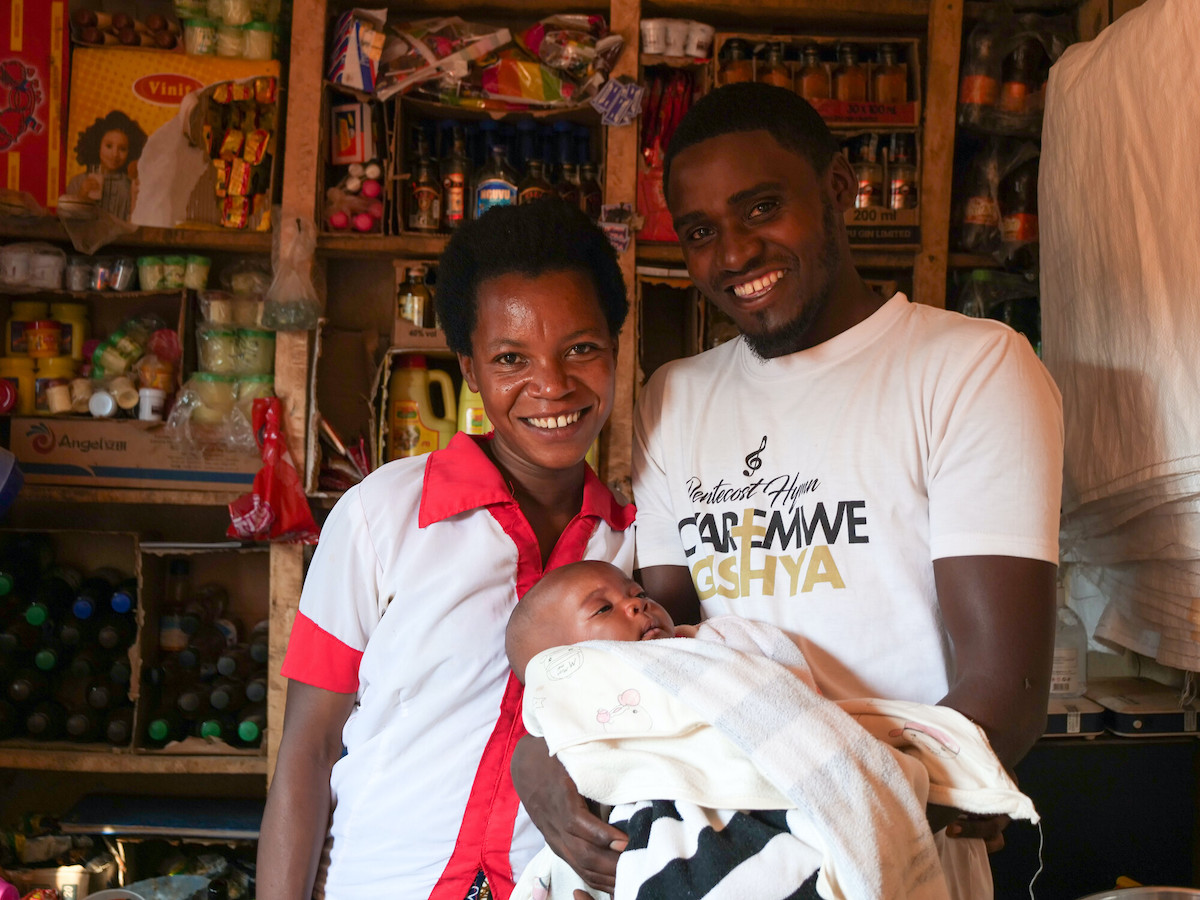
Our work in Rwanda
Our programs in Rwanda employ innovative techniques and models, such as linking agriculture and nutrition, and applying the graduation model to help the most vulnerable families.

